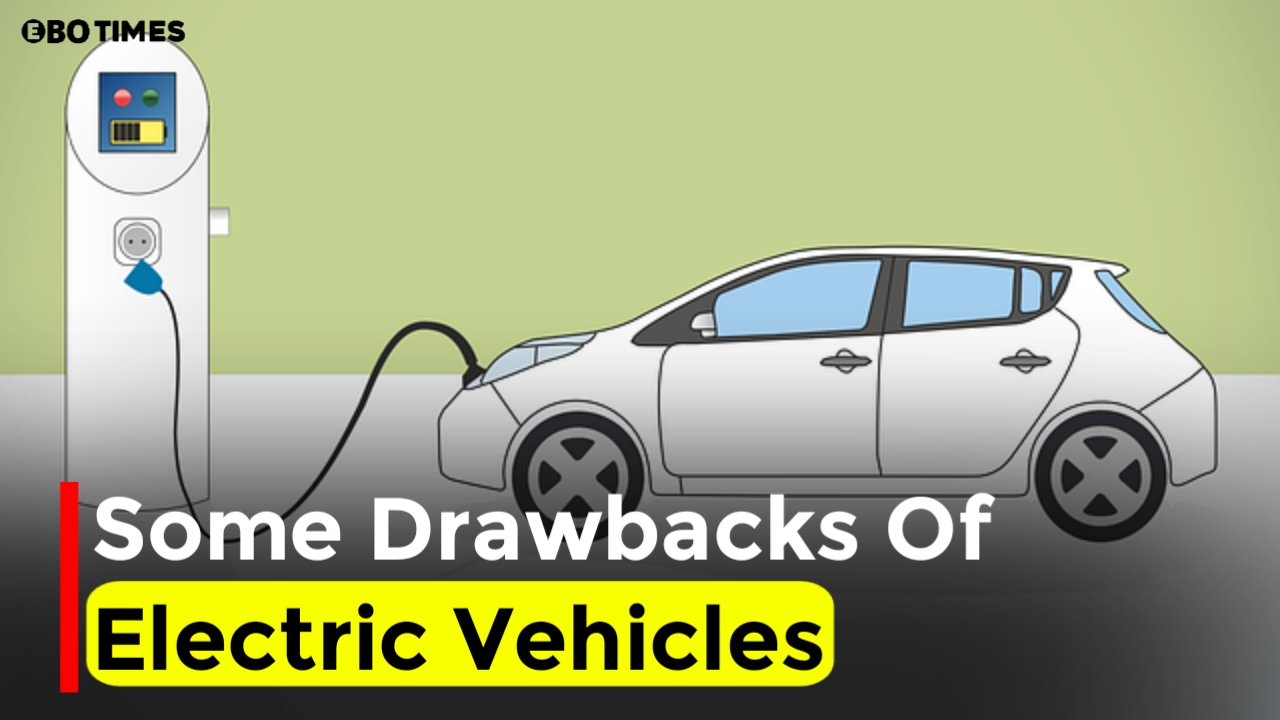The Downsides of Electric Vehicles: Are They Really a Green Dream?
Electric vehicles (EVs) have gained immense popularity in recent years, and for good reason. They promise a cleaner and more sustainable future for transportation, with the potential to reduce greenhouse gas emissions and combat climate change. However, like any technological innovation, electric vehicles come with their own set of disadvantages that need to be considered. In this article, we'll explore some of the notable drawbacks associated with electric vehicles.
Limited Range Anxiety:
One of the primary concerns for potential EV owners is range anxiety. Unlike traditional gasoline-powered vehicles, EVs rely on batteries that need recharging. While the range of EVs has improved significantly in recent years, they still can't match the long-distance capabilities of gas-powered cars. Longer trips may require frequent stops for charging, which can be inconvenient and time-consuming.
Charging Infrastructure:
Although charging infrastructure is expanding, it's still not as widespread or as fast as refueling at a gas station. Many regions lack adequate charging stations, making it challenging for EV owners, especially in rural areas or on road trips. Additionally, even fast-charging stations can take a considerable amount of time to recharge an EV compared to filling up a gas tank.
Higher Initial Cost:
Electric vehicles tend to have a higher upfront cost compared to their gasoline counterparts. While this cost difference has been decreasing over time, it can still be a significant barrier for some consumers. Although lower operating costs can offset the initial investment, not everyone can afford to make the switch.
Limited Model Variety:
While more EV models are entering the market, the variety still lags behind traditional vehicles. This can limit consumers' choices when looking for a specific type of vehicle, such as trucks or larger SUVs. However, this is gradually changing as automakers expand their EV lineups.
Environmental Impact of Batteries:
EVs are often hailed as eco-friendly, but the environmental impact of manufacturing and disposing of their lithium-ion batteries is a concern. Mining the raw materials for batteries can have adverse ecological effects, and recycling methods for these batteries are still developing.
Dependence on Electricity Grid :
EVs rely on the electricity grid, which can be a problem if your region experiences frequent power outages. These outages could leave you unable to charge your vehicle, potentially stranding you in situations where you need to evacuate or travel during emergencies.
Resale Value Uncertainty:
The resale value of EVs is still relatively uncertain compared to traditional vehicles. Factors like battery degradation and evolving technology can impact how much an EV is worth when you decide to sell it.
Long Charging Times:
Although EV charging is becoming faster, it still takes longer than refueling a gas tank. For those with limited time, waiting for an EV to charge can be a drawback.
Carbon Footprint from Electricity Production:
The environmental benefits of EVs largely depend on the source of electricity used for charging. In regions where electricity generation relies heavily on fossil fuels, the carbon footprint of EVs can be higher than expected.
In conclusion, while electric vehicles offer numerous environmental and economic advantages, they are not without their disadvantages. Range anxiety, charging infrastructure limitations, higher initial costs, and environmental concerns related to battery production are all important factors to consider. As technology continues to advance and charging infrastructure expands, many of these drawbacks may become less significant, making EVs an even more attractive option for consumers looking to reduce their carbon footprint and embrace cleaner transportation alternatives.


Post a Comment